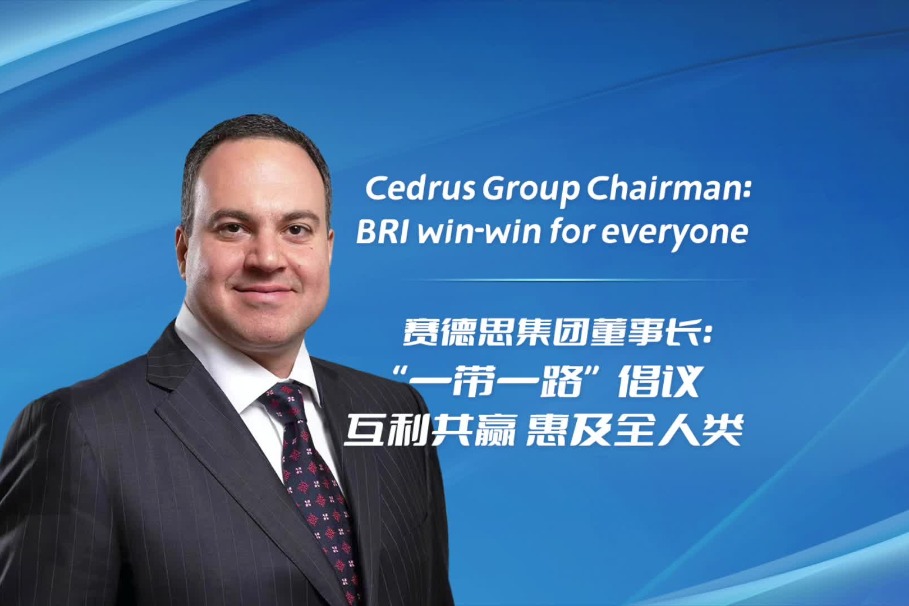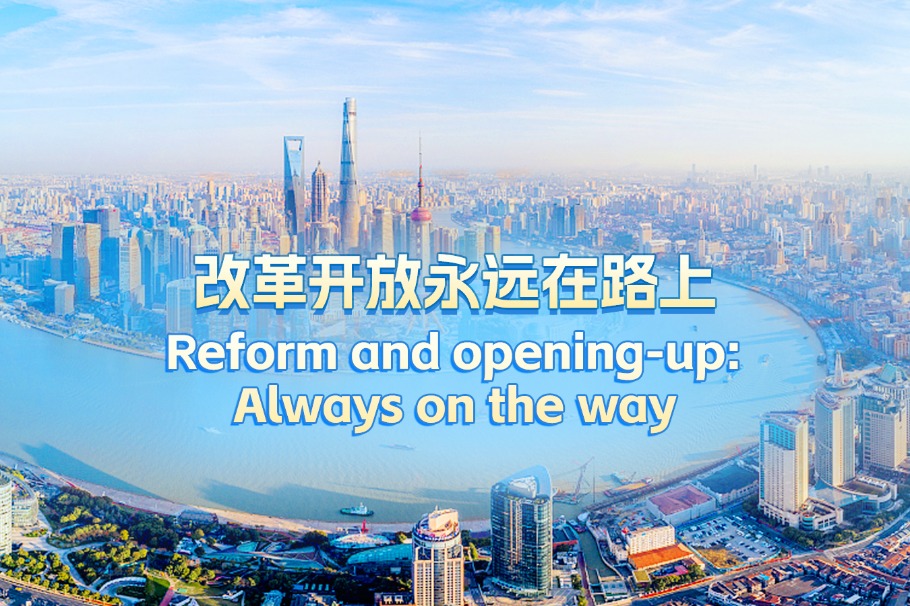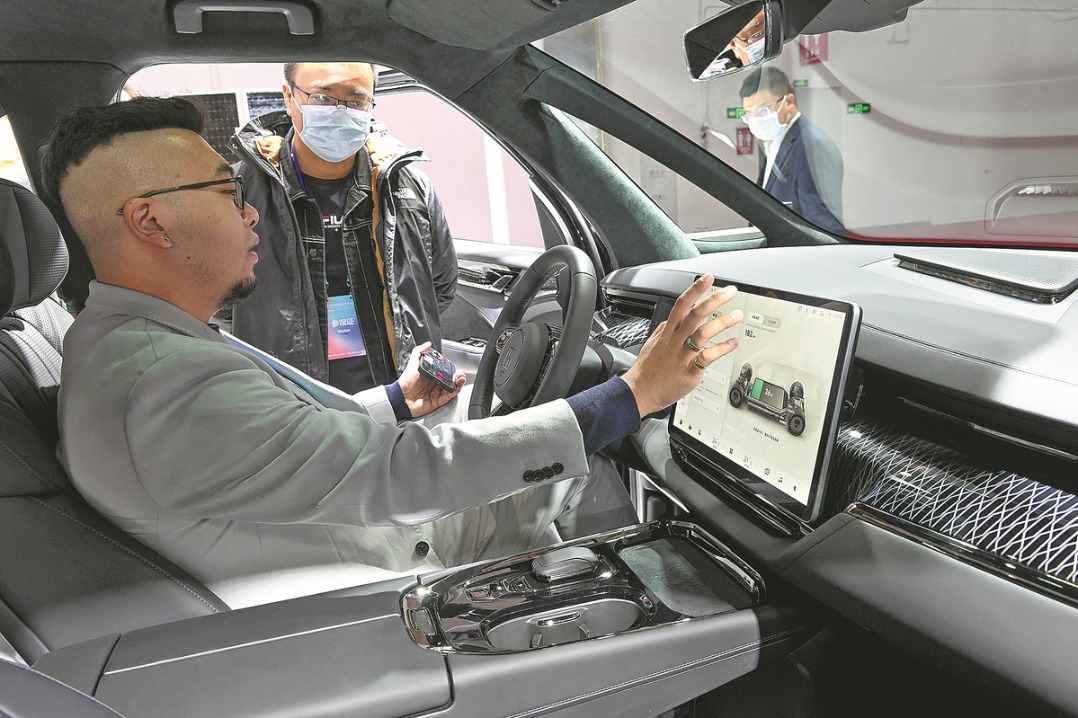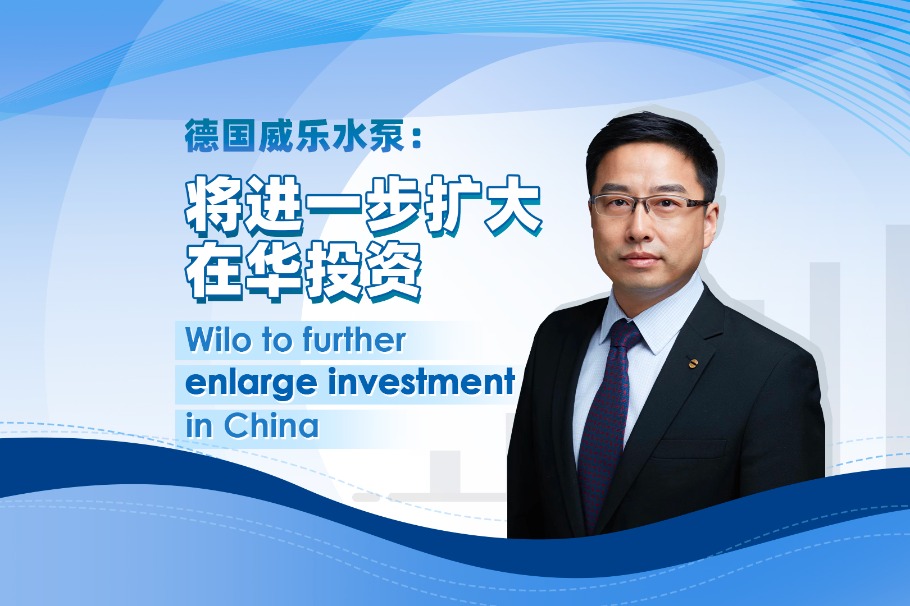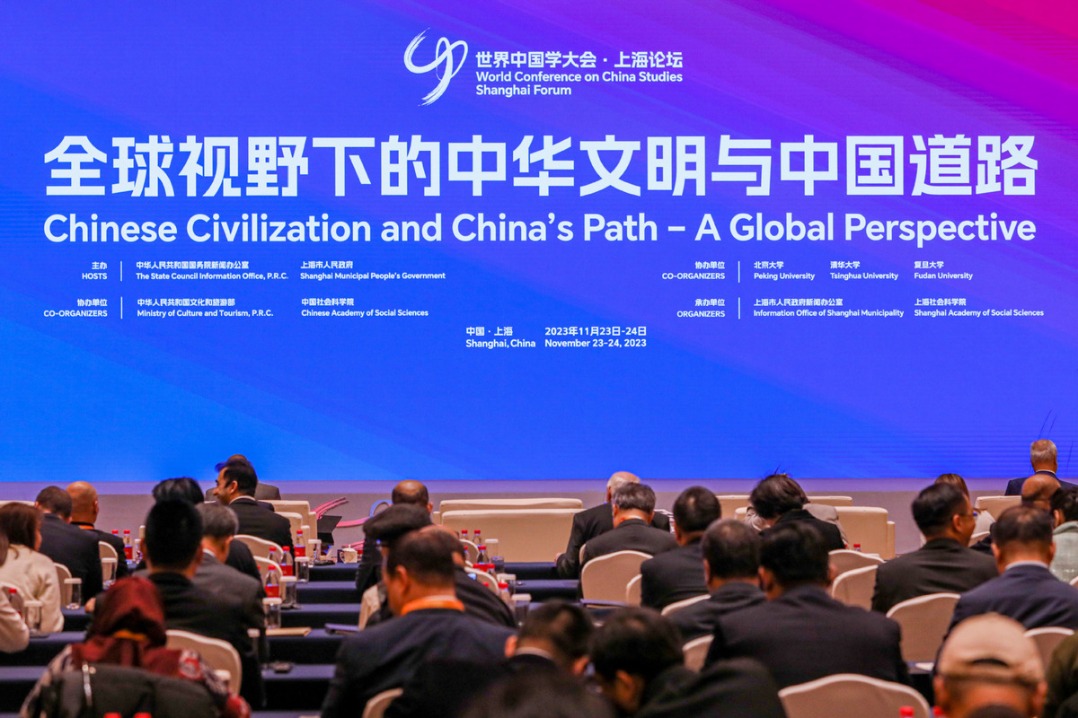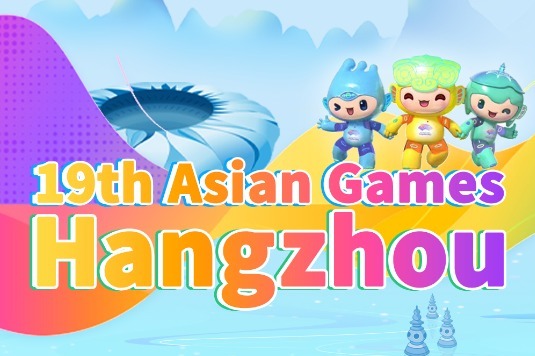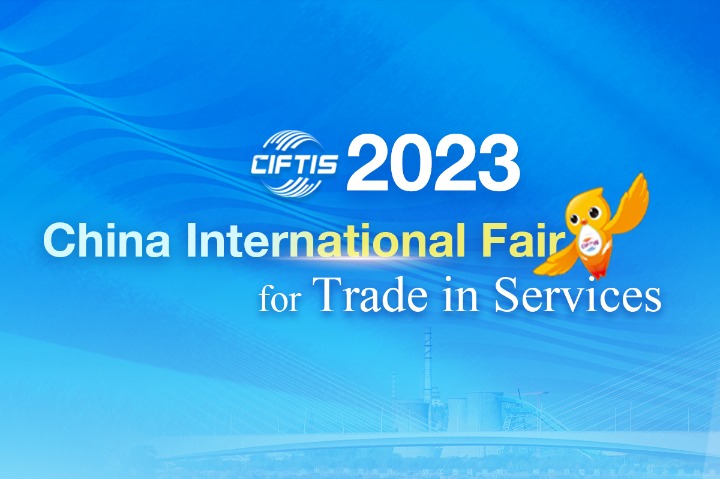Nobel laureate: Decoupling won't stop nation's tech
By Zhou Lanxu | China Daily | Updated: 2023-10-21 07:35

Attempts at technological decoupling between the United States and China are unlikely to stop China's technological advances or get the country caught in the middle-income trap, said Nobel Prize-winning economist Michael Spence.
"Some people outside of China, in the United States in particular, think that you can stop China's advancement on the technology front by denying its access. I don't think that is true," said Michael Spence, the 2001 Nobel laureate in economics and Philip H. Knight Professor and dean, emeritus, at the Stanford Graduate School of Business.
"It (technological decoupling) would slow China down slightly relative to the alternative scenario, but I don't think it is a permanent problem," Spence told China Daily on the sidelines of the Tsinghua Management Global Forum, held by the School of Economics and Management, Tsinghua University, in Beijing on Wednesday.
In the field of artificial intelligence, for instance, China will be able to overcome the slight slowdown in certain areas where there are restrictions on the flow of technology and knowledge as the country has its own advanced AI community and capacity, Spence said.
"There is huge, powerful AI technology development at multiple levels (in China)," he said. "If that weren't true, China couldn't have the equivalent (to the US) of the large language models being developed by several companies here."
Therefore, Spence said he doesn't think a potential technological decoupling would get China caught in the middle-income trap.
"I believe it (China) will grow at a reasonable pace until it's a high-income country."
The middle-income trap refers to the phenomenon of rapidly growing economies stagnating at middle-income levels and failing to graduate to the ranks of high-income economies.
Spence said he is concerned about the side effects of protecting technology flowing between the US and China, which could adversely affect other countries by limiting the global flow of technology.
"It's very hard to imagine successfully dealing with that (climate change) on a timely basis if there are a lot of obstacles to the flow of technology around the world," Spence said.
It is sensible for policymakers and political leaders to limit the restrictions on the flow of technology to things that are essentially related to national security and not let them expand into other areas, he said.
Spence added that the Belt and Road Initiative has "dramatically accelerated" the development of infrastructure — a crucial element of the development process — in a wide range of economies, including many in Central Asia and Africa.
"I think it (the BRI) is significant, especially for the lower-income, lower-middle-income countries that struggle to afford investment in infrastructure at rates that will support high growth."






